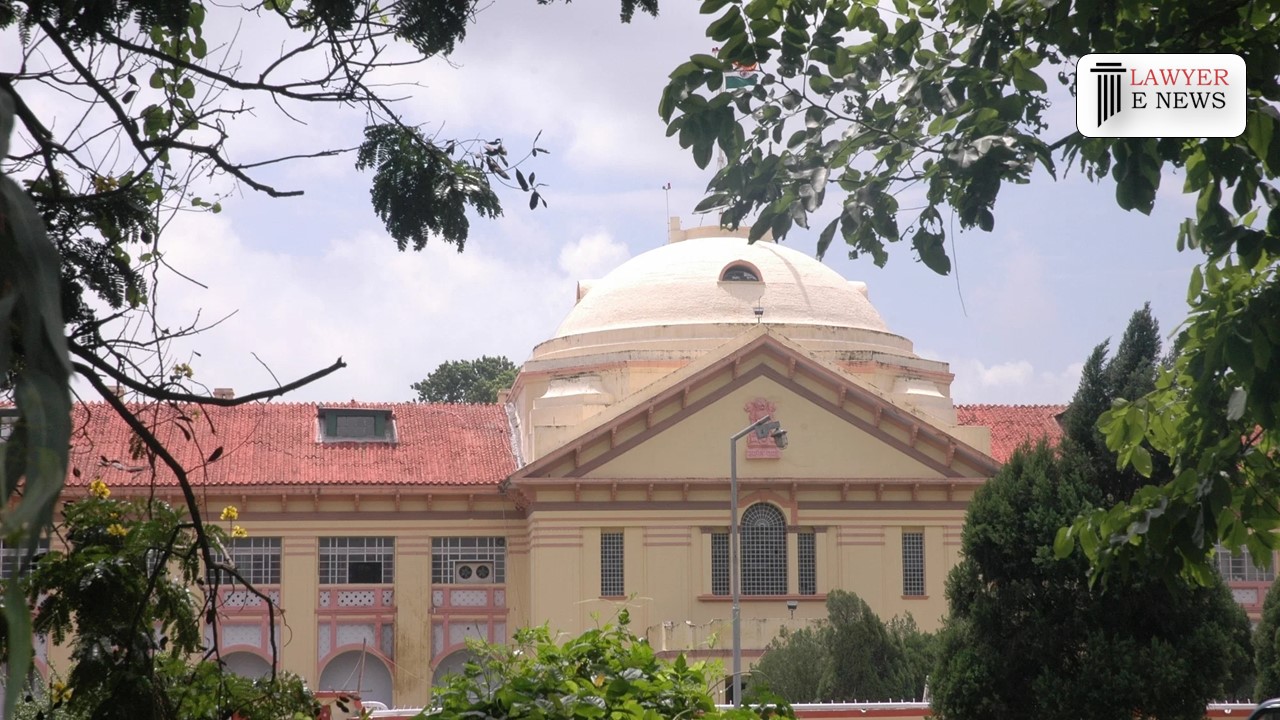-
by Admin
17 February 2026 2:34 PM



PATNA, August 17, 2023 – In a significant verdict, the High Court of Judicature at Patna acquitted two appellants who were convicted in a case of attempted murder. The judgment, delivered by Honourable Mr. Justice Alok Kumar Pandey, highlighted the lack of reliable and convincing evidence presented by the prosecution.
The case (Criminal Appeal (SJ) No.34 of 2023) arose from an incident that occurred in Piri Bazar, Lakhisarai in 2015. The appellants, Rakesh Kumar and Fantush Mandal, were convicted by the trial court for the offence punishable under Section 307 read with 34 of the Indian Penal Code (IPC). The trial court had sentenced them to ten years of rigorous imprisonment along with a fine of Rs. 10,000 each.
Justice Alok Kumar Pandey, in his judgment, meticulously examined the evidence presented before the court and observed, “The evidence adduced by the prosecution witnesses is full of infirmities and contradictions.” The court noted that the informant, who put the initial version of the prosecution story in motion, claimed to be an eyewitness but was not present at the scene of the alleged crime. Moreover, the victim, who could have been a key witness, was not produced in court for examination.
The judgment further highlighted that the prosecution's witnesses, despite claiming to be eyewitnesses, had inconsistent accounts regarding the place of occurrence, the manner of occurrence, and the boundary of the crime scene. The court noted, “The presence of any of the prosecution witnesses at the place of occurrence is very much doubtful.”
Justice Pandey emphasized the importance of reliable and trustworthy evidence in criminal cases. Quoting a previous judgment, he noted, “Normally, an injured witness would enjoy greater credibility because he is the sufferer himself and thus, there will be no occasion for such a person to state an incorrect version of the occurrence.”
Ultimately, the court held that the prosecution had failed to prove its case beyond a reasonable doubt, leading to the acquittal of the appellants. The judgment serves as a reminder of the high standard of evidence required in criminal cases, especially in cases involving serious charges like attempted murder.
The decision of the High Court to acquit the appellants highlights the significance of presenting robust and consistent evidence in order to establish guilt beyond a reasonable doubt in criminal proceedings.
Date of Decision: 17-08-2023
RAKESH KUMAR @ CHANDAN MANDAL vs The State of Bihar Bihar
